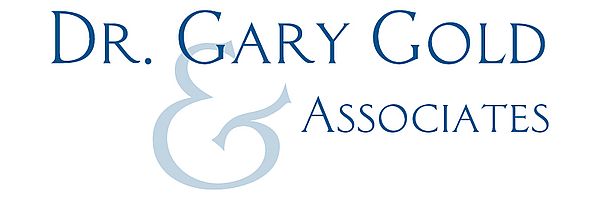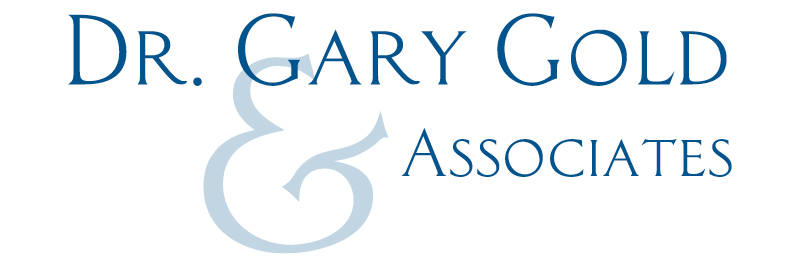
In today's fast-paced world, eye and vision health often takes a back seat to other pressing concerns. However, maintaining good vision is essential for overall well-being and quality of life. Only routine eye care can ensure that your eyes remain healthy and your vision stays sharp.
Knowing the differences between eye exams and vision screenings is the first step toward proactive eye health management. While they may seem similar, they serve distinct purposes and offer different levels of care. At Dr. Gary Gold & Associates, we aim to provide comprehensive eye care tailored to your needs.
Vision Screenings: The First Line of Defense
Vision screenings are preliminary tests that help identify potential vision problems. Organizations like the Lions Club, schools, pediatrician offices, and community health fairs often conduct them. Vision screenings are usually quick and simple, involving basic tests to check for common vision issues such as nearsightedness (myopia), farsightedness (hyperopia), and astigmatism.
Key Characteristics of Vision Screenings
- Speed and Convenience: They are typically brief, taking only a few minutes to complete.
- Accessibility: These screenings are often free or low-cost, making them accessible.
- Basic Assessment: They identify individuals needing a more comprehensive eye exam. However, they do not diagnose or treat specific vision problems.
While vision screenings are valuable for detecting potential issues, they are not a substitute for comprehensive eye exams. Think of them as the first step in maintaining eye health.
Eye Exams: A Comprehensive Evaluation
Eye exams are in-depth evaluations performed by optometrists. They delve deeper into the health of your eyes and your vision. This involves an assessment of your visual acuity (how clearly you can see) and the overall health of your eyes.
Key Characteristics of Eye Exams
- Detailed Analysis: Eye exams involve rigorous tests, including visual acuity tests, refraction tests, and a comprehensive evaluation of eye health.
- Diagnosis and Treatment: Eye exams can diagnose various eye conditions and vision problems, allowing for timely treatment and management. They can also detect systemic health problems that show symptoms in the eyes before the body, like diabetes.
- Personalized Care: The eye doctor can provide personalized recommendations based on your vision needs and lifestyle.
How Often Should You Get An Eye Exam?
The American Optometric Association (AOA) recommends comprehensive eye exams at the following intervals:
- Children: The first exam is at six months, again at age three, and before starting school. Regular exams are advised every one to two years after that.
- Adults: Adults aged 18-60 should have an eye exam every two years. Those over 60 or with risk factors like diabetes should have one annually.
Request A Comprehensive Eye Exam in Sunnyvale
Vision screenings provide a great starting point. However, comprehensive eye health services are essential for understanding your eye health and vision needs. Prioritize your eye care by requesting an eye exam near you with Dr. Gary Gold & Associates and encouraging your loved ones to do the same.


